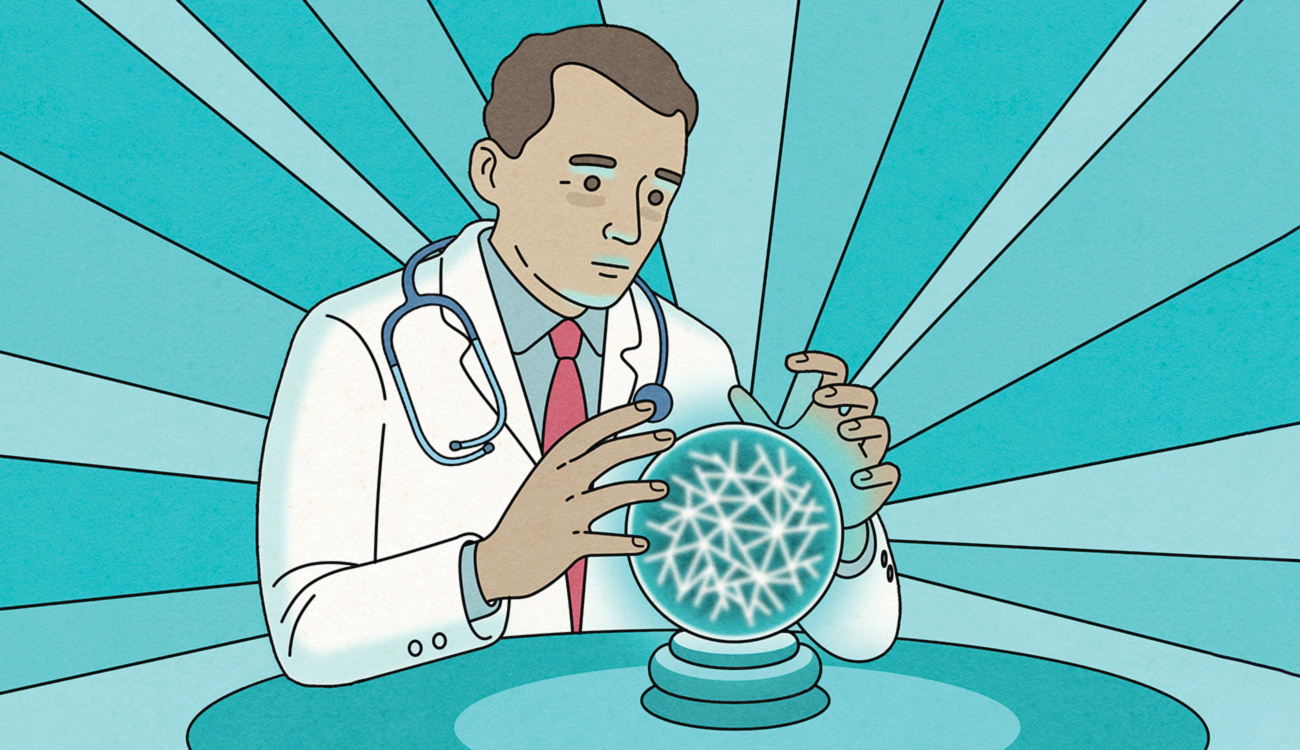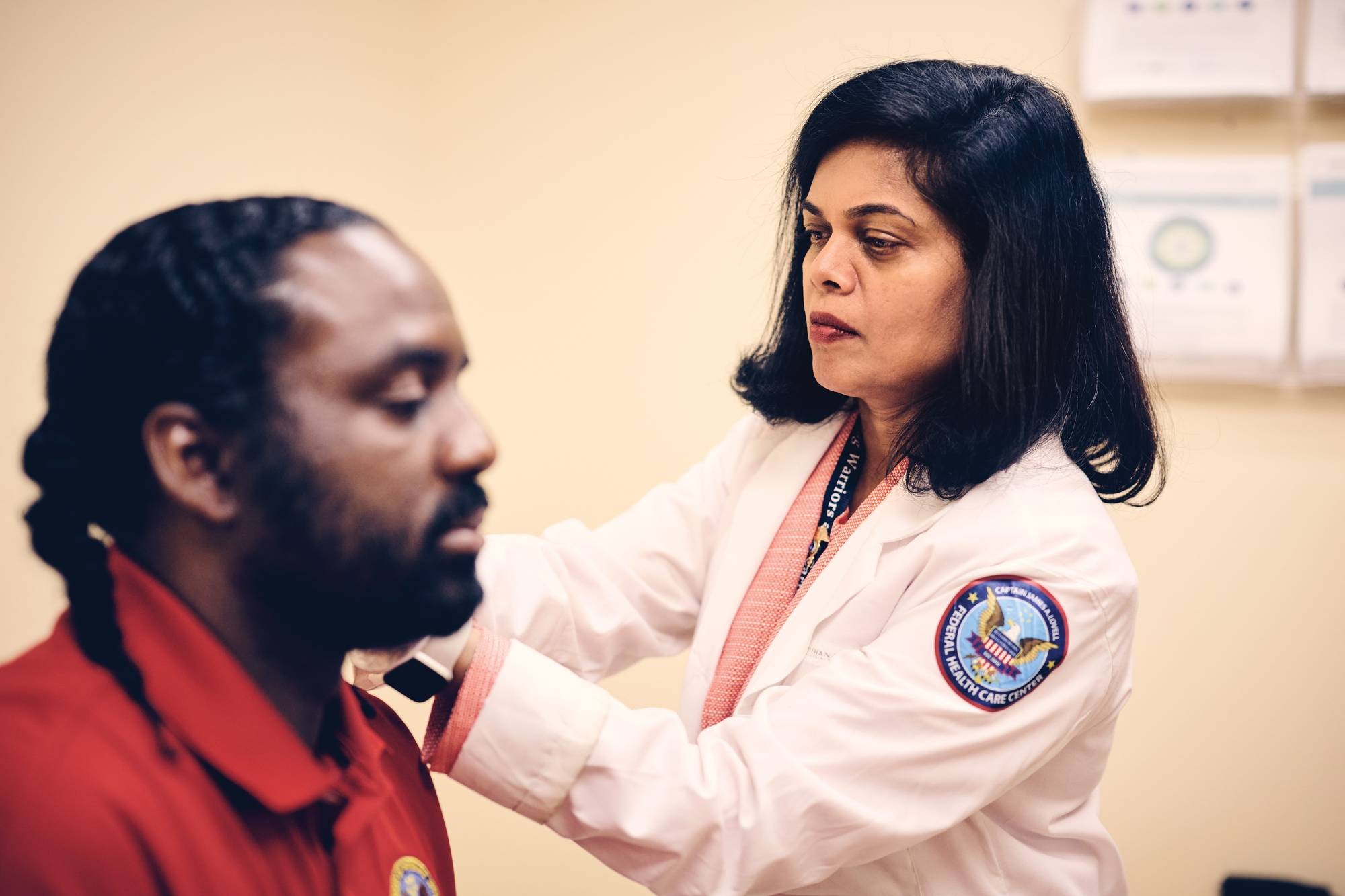David T. Feinberg, MD ’89, MBA, is the chairman of Oracle Health.
Author Page
Longitudinal You
How quantum computing will change everything you think you know about your health
Illustration By Dan PageScience & Technology
Quantum computing, a paradigm shift in computation, leverages the principles of quantum mechanics to tackle problems currently intractable for even the most powerful classic supercomputers. David T. Feinberg, MD ’89, MBA, chairman of Oracle Health, thinks advances in quantum computing will revolutionize how we think about human health and disease. He elaborates here:
It’s taken 40 years to digitize the medical record, but large language models1 (LLMs) are moving at spectacular speed to capture and summarize personal health information. Soon we’ll have the longitudinal story on you. LLMs will predict when you will have a stroke and when you will die. The technology will literally write the next 5,000 words of your record — before it’s happened.
- Large language models: Algorithms that can recognize, predict and generate text based on patterns they identify in data containing hundreds of millions of words.
- Proteomic: Large-scale study of proteins in biological systems.
- Epigenetic: Heritable changes in gene expression without DNA sequence alteration.
- Biological insult: Harmful disturbance to a living organism.
Your physician will start the conversation: “Look, we haven’t gotten your blood pressure under control because you’re not taking your medication. It looks like you’re going to have a stroke in 18 months. You just told me your granddaughter’s graduating from high school in two years and you want to be there. I don’t think you’re going to make it. So let’s tweak the model. Let’s see if you did take your blood pressure medication, would you make that graduation?”
In 10 years, the quantum will have done for the natural sciences what AI is doing for language. It will show us more advanced ways of understanding biology — how proteins fold and interact — which is way more complex than words. And I don’t think disease will be organ-specific. We’ll be thinking much more systemically, from a genetic, proteomic2 and epigenetic3 perspective.
Alzheimer’s is a perfect example. In 10 years, the doctor–patient discussion will be, “This biological insult4 is affecting you, and here’s how we’re going to change it,” not “You have a disease that demonstrates itself as decreased cognition.” That frameshift is already happening around cancer, which we’re treating at a molecular level. We will understand the complexity of the disease we called Alzheimer’s as a final common pathway of insults — diabetes, brain trauma or XYZ — that, way down the line, look like dementia. The discussion will be about how we can manipulate and change your proteins so you don’t even get that thing we used to call Alzheimer’s.
Five years from now, I’m going to have such a good understanding of you going forward that I will be able to tell you: “You’re not going to make it to the kid’s graduation. But if we can do a simulation, if we change this medicine or you improve your lifestyle, this is what will happen in your life.”
Published July 16, 2025

